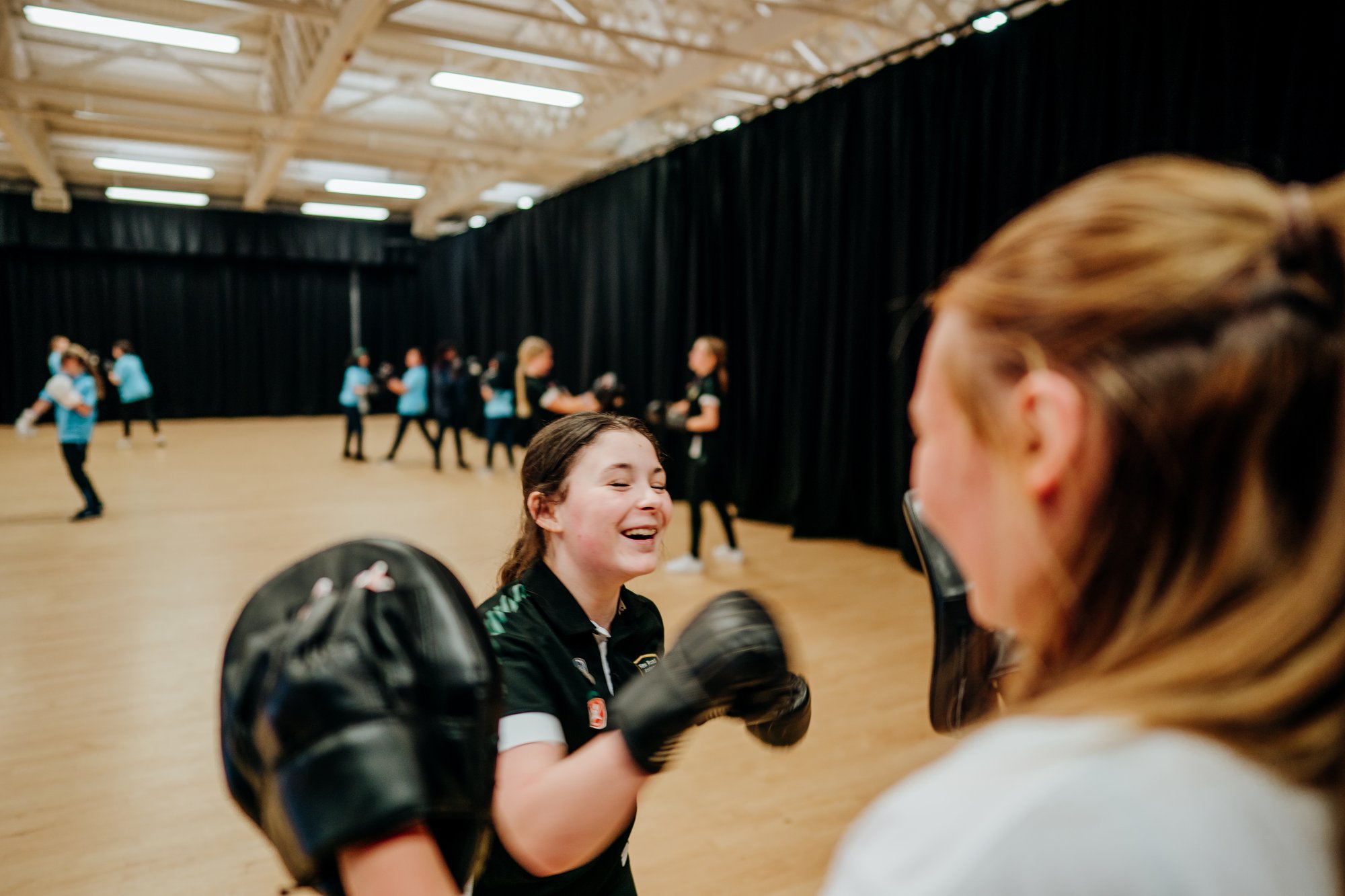Active Lives survey reports positive increase for local young people
2-MINUTE READ
Background
Sport England has announced the results of the 2023 - 2024 Active Lives Children and Young People Survey.
The Active Lives Children and Young People Survey gives anyone working with children aged 5-16, key data to help understand children's attitudes and behaviours around sport and activity. Participating schools receive a bespoke school report which compares their school data with the national average.
The local results
During the 2023-24 academic year:
-
Telford and Wrekin have seen a significant increase in the number of active children (up 11.3% vs last year) and a significant decrease in the number of less active children (-12.1% vs last year).
-
Shropshire has seen a significant increase in the number of fairly active children (up 5.4% vs last year) with no significant changes to the number of active or less active children.
-
Both Shropshire and Telford and Wrekin have higher levels of active children than the national average (49.5% and 50.8% respectively).
The national results
Covering the 2023-24 academic year, the survey results reveal that overall activity levels were maintained with 47.8% of children meeting the Chief Medical Officers’ (CMO) guidelines of taking part in an average of 60 minutes or more of sport and physical activity every day.
The key points are:
-
Year 3 and 4 have the lowest activity levels of all school age groups (41%). Both this age and year 5-6 children are the only two age groups with activity levels below the national average.
-
Girls continue to have lower activity levels than boys (45% vs 51%).
-
Black, Asian and children from other ethnicities have the lowest activity levels (42%, 43% and 43% respectively).
-
Children and young people with a disability or long term health condition are equally as likely to be active as those without one (51% vs 49%).
-
Activity levels among primary and secondary age children remain unchanged, although there has been a 9.5% increase in activity levels of children in years 9-11 since 2017-18.
-
Lower affluence groups are less active (45% vs 57% compared to higher affluence groups) although lower affluence groups have seen a bigger increase in activity since pre-pandemic times (+6.5% vs 5.5% in 2017-18).
-
Mental wellbeing scores are higher for those children who are active compared to those who are less active (score of 7.0 vs 6.6 respectively).

Our work with the Education sector
At Energize STW, we support children and young people to live active lives. We believe in empowering teachers to incorporate more movement into their school's culture and into pupil's experiences every day.
As well as offering a range of free initiatives for teaching staff to implement at schools to increase activity and movement, we support teachers to complete their Children & Young People's Active Lives Survey.



